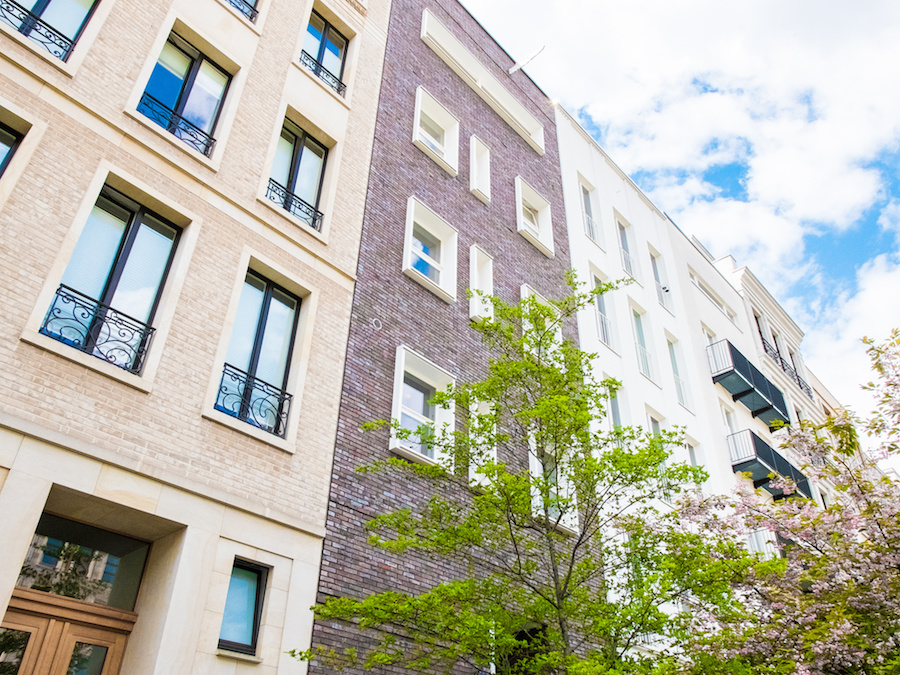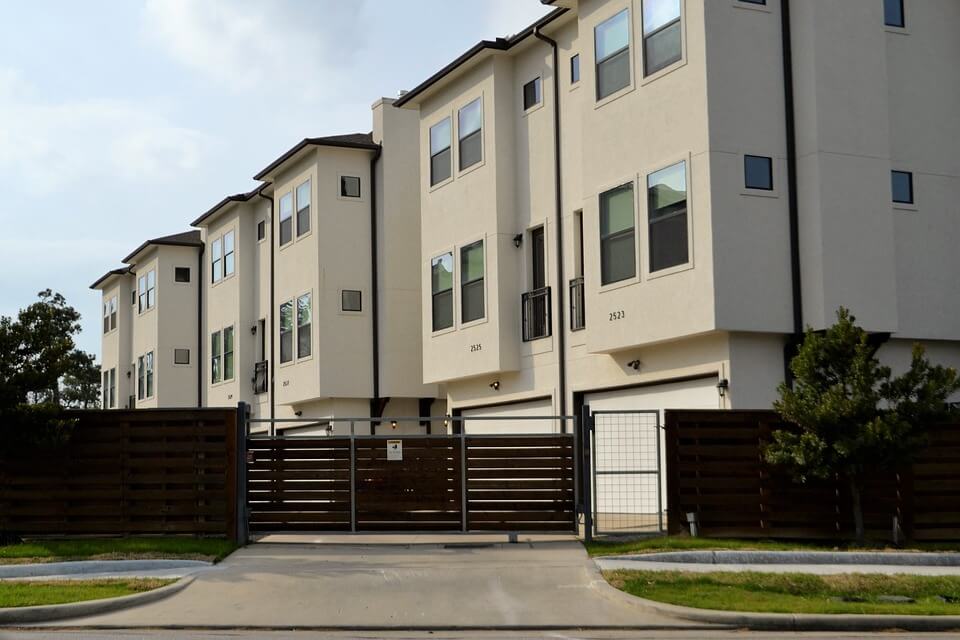Perhaps you are relocating and are contemplating keeping your current home as a rental, or you are seeking to purchase a property specifically as an additional source of income – either way it is important to understand all that comes along with owning and managing a rental property before jumping in.
While rental properties can be a great way to support your current income, or in some circumstances, even replace it altogether, they are not a get rich quick scheme, or even a truly passive income. Owning a rental property takes a fair amount of time and effort in order to run smoothly and successfully, despite its seeming effortlessness, and it is not meant for everybody.
Before jumping into the role of landlord, take a good look at some of the pros and cons of owning a rental property. By weighing the pros and cons, you will be have a better understanding of what is involved in owning a rental property and whether or not it is the right option for you.

The Pros
- You’ll Earn Rental Income
The most obvious advantage, of course, to owning a rental property is the income you will earn off of it, most commonly a monthly rent. This amount will depend on the location, size, type, purpose, and quality of property you are renting out.
- Rental Properties are Less Volatile Than Other Types of Investments
If you are interested in investing your money but are averse to the risks associated with the stock market, purchasing a rental property is an alternative that may better suit you.
- There is Potential For Capital Growth
Rental properties offer the potential for capital growth if you buy smart. Follow the market, buy low, and watch your capital assets grow as the property increases in value with the market fluctuations.
Of course where there is the potential for growth there is also the potential for decline – a risk you must be willing to take, but one that can often be predicted.
- Sweat Equity
A great way to build your own assets is through sweat equity. Even smaller tasks, such as fresh coats of paint, a bit of landscaping, or refinishing the kitchen cabinets can increase the value of your property and it’s income potential without costing you too much out of pocket.
The Cons
- There are Potential Tax Implications
Of course, additional income means you are going to have additional tax requirements. Before purchasing a rental property, it is a good idea to speak with your accountant and see how it may affect your current tax situation.
- Tenants Can Pose Risk
Not every tenant is worth the additional income. Not only can tenants be difficult to deal with in regards to communication, differences of opinions, etc., but some may also be reckless, dirty, or just plain destructive.
Having strangers occupying a property that you own opens you up to the risk that they may cause damage to the property physically, or in some cases even take advantage of you, as a landlord, for their own gain.
- Expense Levels Can Be High
Many people only think of the income a rental property will provide, but forget to acknowledge the expenses that will inevitably come along with it. There are regular, constant expenses, such as insurance, that you will have to account for, as well as the unexpected expenses such as maintenance, repairs, etc.
Decision Time
As you can see, owning a rental property comes with its fair share of both pros and cons – don’t let this deter you, however. If you understand what will be required of you as a landlord and are ready to take on that responsibility, owning a rental property can be an amazing opportunity. As with anything rewarding in life, it just takes commitment, patience, and determination – so what are you waiting for!

